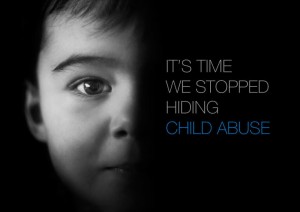Together we can prevent child neglect by identifying circumstances which put parents or caretakers under stress, and getting them the right help at the right time. Preventing child neglect will take action from everyone – parents, communities and government – working together to help children thrive.
Neglect changes childhoods, but so can we.
Parents under stress
Parents may be dealing with complex problems that directly impact on their ability to meet their children’s needs. These problems include:
- domestic abuse
- drugs and alcohol misuse
- mental health problems
We also know that external factors, like financial problems and poor housing or homelessness can make it more difficult for parents’ to meet their children’s needs.
Building relationships to prevent neglect
By listening to children’s experiences and helping families create positive change, we can stop neglect and prevent it from reoccurring.
Giving children a voice
Building safe and trusting relationships with children is vital so they can speak out about their experience at home. This involves:
- teaching children what neglect is and how they can get help
- professionals providing parents and caregivers with good information and advice, emotional support and practical strategies that will minimize harm
Empowering parents to make a positive change
Professionals can help to generate hope and confidence in families by giving them access to their own skills and resources by:
- developing long-term positive relationships with parents and caregivers
- using a model with a theory of change to provide structure and a purposeful approach for addressing neglect
- taking time to understand a family’s needs
Enabling communities to support families
Communities have an important role to play in preventing and intervening early in child neglect. To make a difference, we need to make sure everyone in our communities can:
- recognize the signs of child neglect
- understand why it happens and what they can do to help
- feel confident and supported to help
- know how to find help if they are experiencing difficulties in their own family


